CSR Leaders 2017 - Veran Matic, Fund B92 chairman
Fund B92 Chairman Veran Matic is interviewed by Business Info Group's Corporate Social Responsibility Leaders 2017 publication.
Friday, 12.01.2018.
15:05
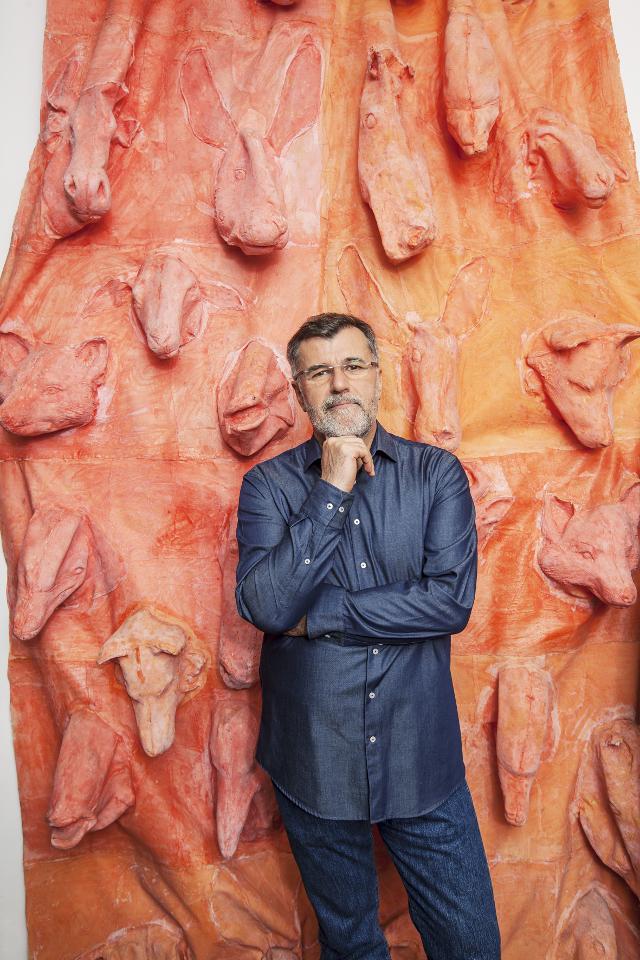
CSR Leaders 2017 - Veran Matic, Fund B92 chairman
- For 13 years now, B92 Fund has dealt with humanitarian campaigns. What were the biggest challenges you faced?VERAN MATIC: There were many challenges, part of them had changed over time, and part remained until the present day. When you live and work in a poor society, you most often had to make priorities, on the expense of strategic planning. Then, you often compensate this with the activities that the state or institutions are obliged to do, so we change roles. This makes it so hard to sort out the activities and role of foundation. On the other hand, state institutions are getting used to such situation, so something that should be provisional becomes permanent reality. Although there are such expectations, general social climate is such that it does not allow positive landscape for charitable activities. There is, for example, no relief regulations for the implementation of the projects. Instead of making stimulating state and social practice, in order to maximize the contribution of donors, companies, citizens, there is permanent suspicion of abuse.
What we lack the most is systematic creation of more human society, social solidarity, through educational system, through intensive development of the culture of giving on all levels, encouraging innovations in this field.
For me personally, I face with challenges on a daily basis. When I approach the man that rummage through garbage container, looking for food, in order to help him, I face with a challenge how to overcome the sense of one’s own shame, and the shame of this particular man that is forced to do this in order to survive. We all have to face with this shame, and overcome it, in order to help one another.
- According to your experience, which fields or groups require the biggest assistance?
VERAN MATIC: The oldest and the youngest require biggest assistance. Those are priorities, along with entire fields such as education or health, or whole social groups, such as female population. In the most developed countries, the fields of education and health are developed to the largest extent, with the help of philanthropic activities and CSR.
Here, I got impression that investing in these fields is incidental, partial, ad hoc, not systematic, in the long run, with clear goals. We are constantly faced with the dilemma whether to washrooms in the schools, or to invest into the modernization of teaching and learning devices that allow enlargement of knowledge in contemporary life and future. We often have problems with the lack of relevant data that would contribute to our making more efficient plans and actions, so we are forced to take care of this part of preparations for the campaigns. Data of women being abused are still not systematized, for example, at least not on the part of state institutions that are entitled to deal with eliminating those problems. For the last 15 years, we had created and furnished seven Safe houses all over Serbia, followed by launching the project SHEmpowerment that strives to offer women that survived family violence an opportunity to become economically independent from the abuser, by launching their own business or getting better one. It is very hard to prepare and implement a campaign of such volume if you cannot acquire reliable information from the relevant institutions when it comes to the number of women that successfully coped with violence, and they are prepared to devote themselves to ensuring existence for themselves and their children.
- What is the outcome of your campaign "Battle for the Babies“ and the ones that followed in the field of health?
VERAN MATIC: We tend to make systematic approach, so we had furnished all health institutions with the equipment that is vital for survival of prematurely born babies, as well as those babies that face with serious health conditions immediately after birth. With such efforts, we had decreased death rate of the babies in this stage of development (prior to the launch of our campaign in 2011, this rate amounted to devastating 57,84%, but afterwards, in 2012, it was decreased to 44,27%). Through the campaign „Battle for the Babies“, we had collected funds amounting to almost EUR 2,5 million and we provided 215 incubators for almost 50 health institutions, in 40 cities all over Serbia.
Afterwards, we had equipped more than 80 per cent of maternity wards with necessary devices, in order to help all the children and medical staffers in the first days of children’s lives. In the course of Battle for Maternity Wards, we had gathered around EUR 3 million for provision of diverse medical equipment for seventy institutions in Serbia that deal with the health of mothers and babies (maternity wards, children’s hospitals, and health centers). 40 maternity wards were furnished fully with new equipment, while we need to furnish the remaining 12 in order to proclaim final “victory”. We had implemented series of individual actions, such as renovating certain segments of Emergency Health Center. For this institution alone, and other big clinics within Serbian Clinical Center (Neurosurgery, Pulmonology, Endocrinology…), we had gathered over the years more than EUR 600.000 for providing them with latest equipment, while we had invested into the reconstruction of parts of Emergency Health Center around EUR 200,000.
There is still lot of work to be done in this field, and we also lack a comprehensive review of the whole situation and current needs, along with social agreement on how to solve the problems, enlarge capacities in the long run. If this is regulated, then members of foundations could take over part of this work. It should be noted that it is not enough just to provide the best equipment. The people of Wolof (Senegal) have a smart saying: “People are man's medicine”. Human relations, mutuality, support and solidarity are significant part of human being, and we had to affirm them as a part of necessary healing process of the citizens and society in general.
- How do you assess the readiness of citizens and especially companies to take part in humanitarian projects?
VERAN MATIC: Citizens are always ready, but you have to introduce them properly with the importance of certain activities and the results that you want to accomplish. It is for the best, when possible, to connect themselves or their loved ones with the needs that acquire their participation. The role of media is crucial in promoting results of philanthropic operations, in covering what was done well for local communities, with the assistance of funds and socially responsible actors and organizations such as ours. Of course, it is important to preserve and enhance the credibility of foundations in order to strengthen the trust that funds will be used in the most appropriate way.
In the late nineties, I have been proclaimed Young Global Leader of Tomorrow on the World Economic Forum in Davos. On that occasion, I had a chance to be introduced with the leading people of international business and politics. Right on this place, Kofi Annan had inaugurated Global Compact, signed on the part of United Nations and major global companies. The United Nations Global Compact is a United Nations initiative to encourage businesses worldwide to adopt sustainable and socially responsible policies, and to report on their implementation. The UN Global Compact is a principle-based framework for businesses, stating nine principles in the areas of human rights: “Businesses should support and respect the protection of internationally proclaimed human rights; and make sure that they are not complicit in human rights abuses”. Principles 3 to 6 pertain to Labor: “Businesses should uphold the freedom of association and the effective recognition of the right to collective bargaining; the elimination of all forms of forced and compulsory labor; the effective abolition of child labor; and the elimination of discrimination in respect of employment and occupation”.
Principles 7 to 9 deal with Environment: “Businesses should support a precautionary approach to environmental challenges; undertake initiatives to promote greater environmental responsibility; and encourage the development and diffusion of environmentally friendly technologies”. Five minutes long applause followed. Large number of global actors had signed their participation in this global contract. However, there was no noticeable progress made, quite to the contrary, we have large number of examples of direct drastic violations of global compact on the part of signatories worldwide. When in 2004, Kofi Annan again gathered signatory states to review what has been done in five year period, he proposed certain kind of monitoring to be implemented, a kind of supervising authority, entitled to check and confirm global compact commitments and to what extent. His proposal was unanimously rejected. This seems to be major problem that needs to be resolved, not only in the form of obligation towards the adopted principles but as a form of efficient control. This also often happens with our legal acts that lack the system for their implementation.
- In what ways the work of humanitarian foundations can be improved, and is there room for incentives or tax reliefs?
VERAN MATIC: Serbian Chamber of Commerce had established Center for CSR, within which we had gathered most active foundations and NGOs that deals with CSR activities and philanthropic issues in general, as well as our companies with successful CSR history, with the aim of determining what needs to be done in the field of regulation and practice in order to eliminate all hindrances, towards creating friendly situation for all involved in charity and CSR, campaigns within companies and companies within communities. We had opened up dialogue on those issues with the representatives of state institutions, and we expect that we will make joint plan as to how to create very incentive climate in the next couple of years that will directly influence increased activities in this field. When it comes to CSR activities, Serbia is rated on the global list around 130th position, which is rather devastating, even if we bear in mind that there are certain methodological issues in the making of this list in the first place. We surely need to involve all relevant individuals into this field, in order to be in a way obsessed with improvements in this sphere, and on such lists, at best in the same way as we are with Doing Business List, when it comes to the conditions for investing into Serbia. This is also very important for investing funds and goodness, positive energy into making better and more generous community, aiming at happier and more successful society and individuals.
- Your latest campaign is “Battle for Knowledge“. To what extent are both education and investment into this field underestimated in Serbia? In what ways citizens and private (non-state) institutions can assist in improving this particular field?
VERAN MATIC: For more than a decade, B92 Fund tends to improve educational system – first through “Free zone Junior”, which through the training of teaching staff of Civic Education successfully introduced film as a teaching tool, and now is the same thing with the “Battle for Knowledge”. We entered all high schools in Serbia with Free Zone Junior, and into more than half primary schools, with compilations of short documentaries and instruction guides for their use in the teaching process. More than 1.200 trained teachers still uses those materials, not only for their subject, but in teaching history, sociology, psychology.
In this latest campaign, we aim at every school be provided with mBot robots that will assist in educating teachers for teaching informatics and robotics. We also help pupils to demystify robotics and informatics, by making first steps in programming, participating in the same time in the competitions that we regularly organize. For less than a year, we had furnished 401 primary schools with those educational robots, while 596 teachers had undergone training for their usage in the teaching process, while 100.000 primary schoolchildren are taught programming with the assistance of 2,005 mBot robots. When you witness how quickly children grasp the point and learn when they are given a chance to do so and use up-to-date devices, then you see how regretful is the fact that those subjects are being neglected in our school system. We missed so many chances by not making this a priority. Modernization of education and giving equal opportunities to all children to acquire knowledge that will allow them to become equal citizens, with greatest possible chances for improvement in education and business environment, have to be made a priority, we simply have to be obsessed with those processes. Everything will be easier afterwards, in many other aspects, such as philanthropic, charity and in the field of national birthrate.













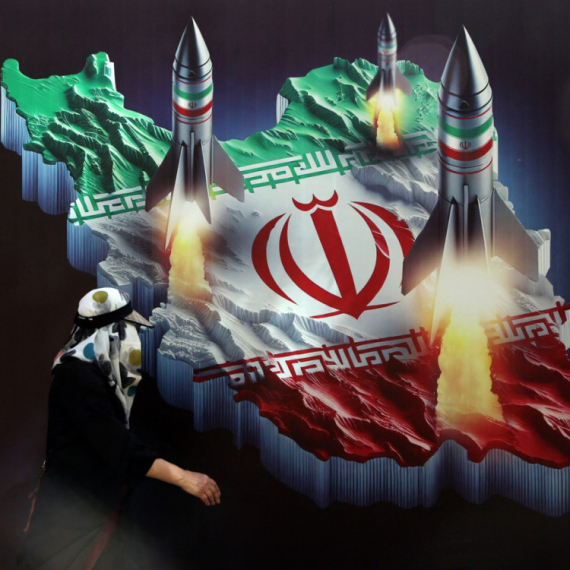

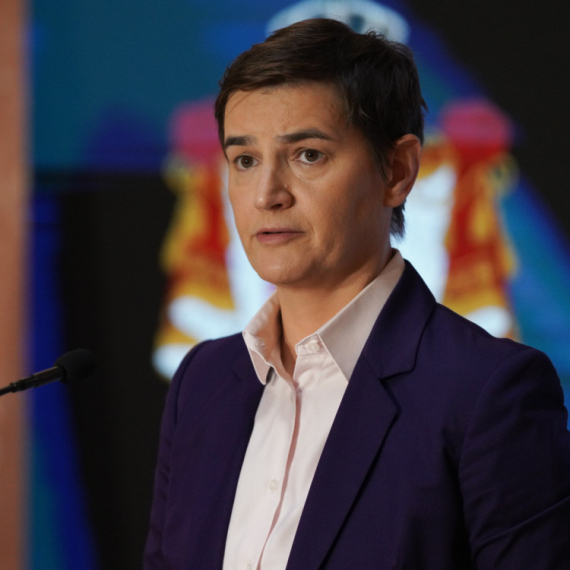
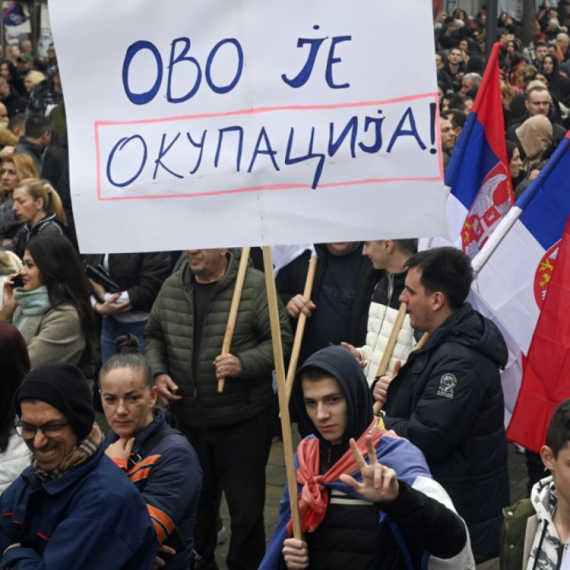
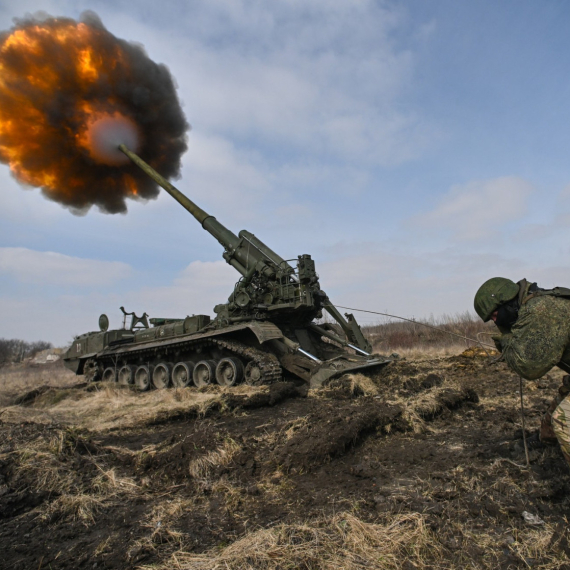

Komentari 0